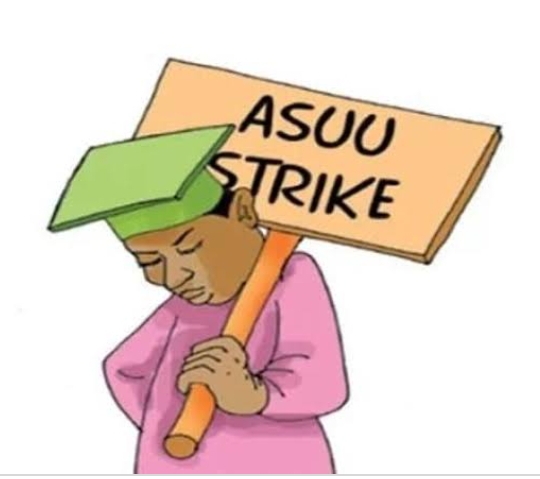Socio-Economic Rights and Accountability Project (SERAP) and five university students have filed a lawsuit against President Muhammadu Buhari.
Joined in the suit as Defendants are the Minister of Labour, Employment and Productivity, Chris Ngige, and Attorney-General of the Federation and Minister of Justice, Abubakar Malami, SAN.
The suit followed the apparent lack of commitment by the Federal Government to implement the agreements with the Academic Staff Union of Universities (ASUU) and to end the over seven-month-old industrial action by the union, and the threat by the government to implement its “no work, no pay” policy.
In the suit number NICN/ABJ/269/2022 filed last week at the National Industrial Court, Abuja, SERAP and the students are seeking: “an order directing President Buhari and Mr. Ngige to immediately implement all the agreements with ASUU to end the strike action and violation of the students’ right to quality education.”
The suit filed on behalf of SERAP and the students by their lawyer Tayo Oyetibo, SAN, read in part: “The Federal Government has failed to respect, protect, promote and fulfill the right to quality education, and the right to freedom of association through the principle of collective bargaining.”
“Although Nigeria has ratified several human rights treaties, which guarantee the right to quality education of Nigerian students, the Federal Government has over the years refused to meet the demands by ASUU, and to address the poor environment in the country’s universities.”
“The students who are co-claimants in the suit are Dongo Daniel Davou; Oyebode Joshua Babafemi; Ejie Kemkanma; Peter Itohowo Aniefiok; and Imam Naziru. They are students of Plateau State University, Obafemi Awolowo University, University of Port Harcourt, University of Uyo, and University of Ibadan, respectively.”
“The failure to implement the agreements with ASUU is also a fundamental breach of the right to education without discrimination or exclusion, as strike actions continue to penalize economically disadvantaged parents who have no means or capacity to send their children to private schools.”
“Equal access of Nigerian children and young people to quality and uninterrupted education including at the university level would contribute to producing citizens who are fundamentally equal and people who actively participate in society.”
“It would enable people to enjoy the rights as well as fulfill obligations that are associated with citizenship.”
“Apart from being a right in itself, the right to education is also an enabling right. Education is a public good.”
“Education creates the ‘voice’ through which rights can be claimed and protected, and without education, people cannot achieve valuable functioning as part of the living.”














